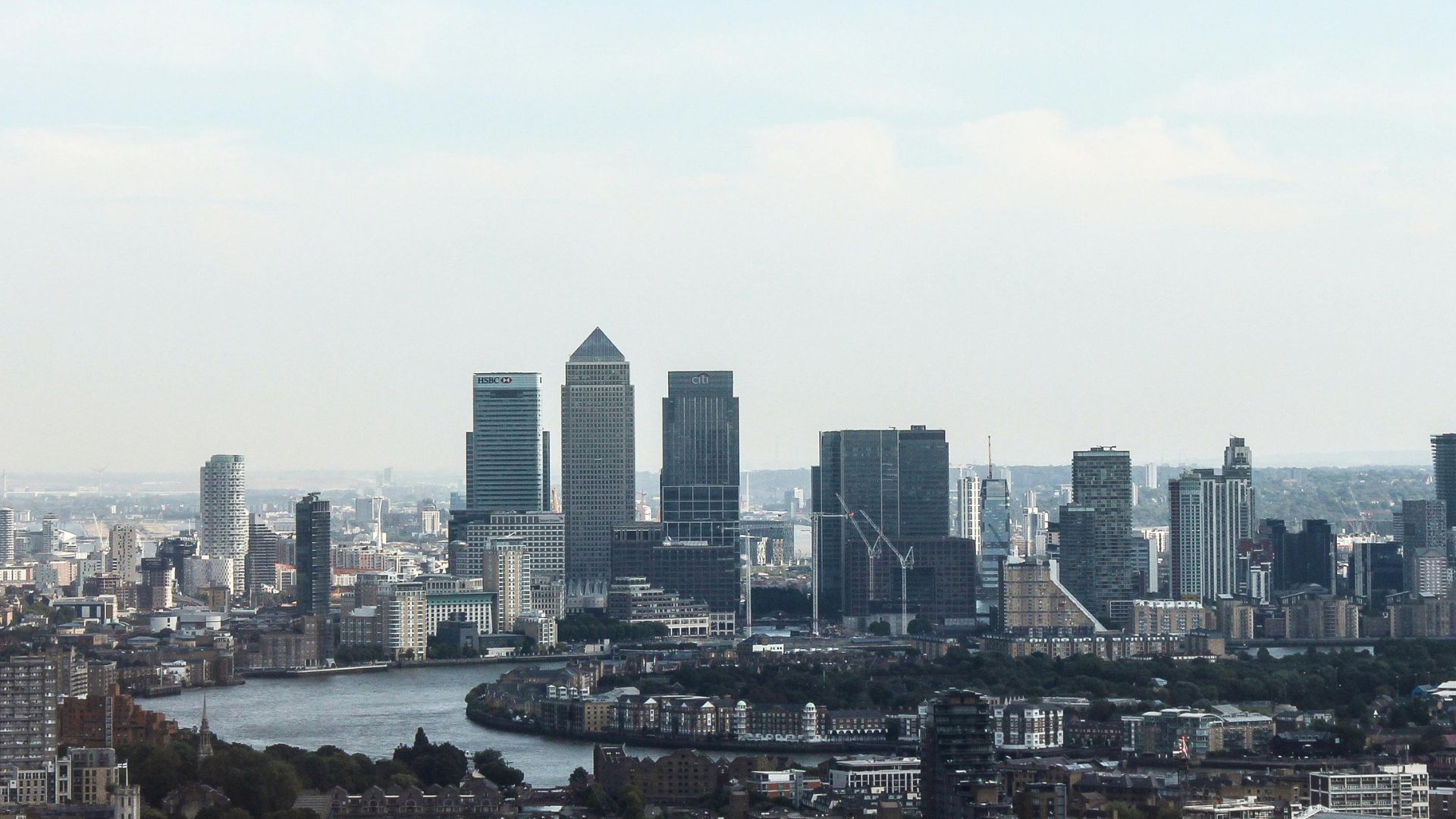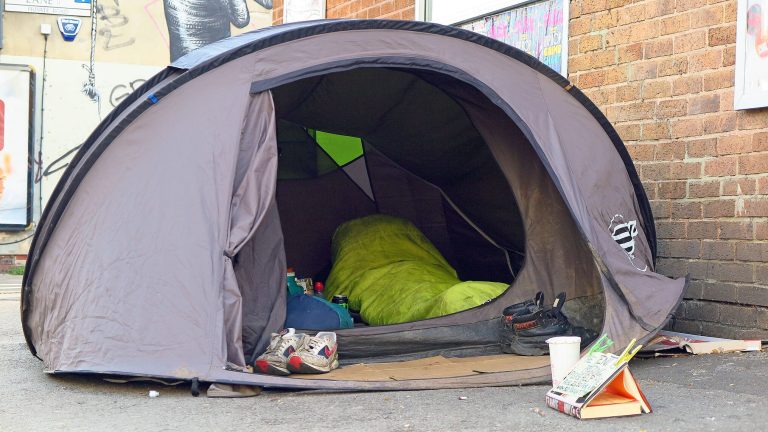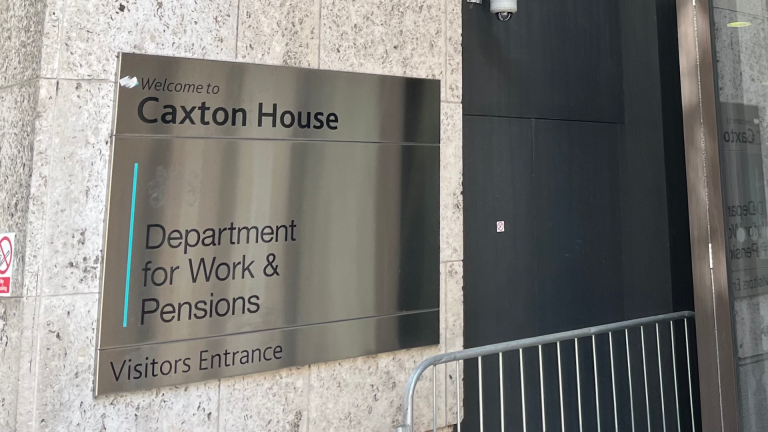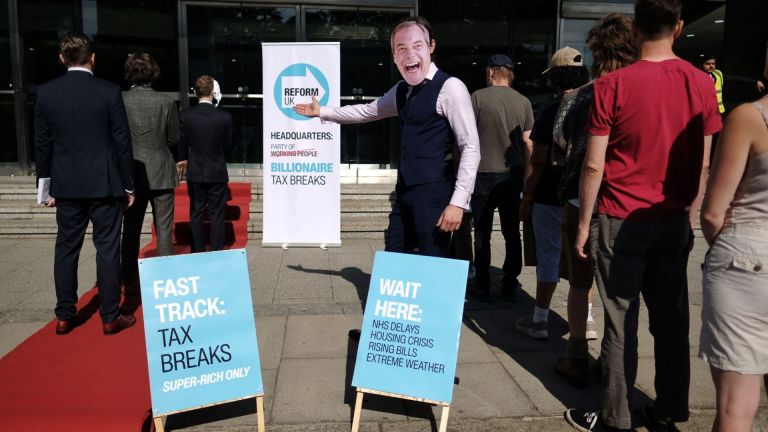“The landscape of wealth has fundamentally changed in recent years,” he told the Big Issue. “We need to think much harder about opportunity in this kind of asset economy. Otherwise, we’re going to be in the situation we are today – which is that life chances for people born today are increasingly determined by what they get from their parents, rather than what they do for work, and that challenges the thing that underwrites the entire economy, which is hard work pays off.”
Dr Patel explained that while the IPPR report supports a wealth tax to tackle inequality, the government must also think “beyond” a wealth tax.
A wealth tax is “only one approach to dealing with a multi-pronged beast”, he explained, adding that the report is “a call to arms to policymakers to be more creative, to be a bit more innovative in how we deal with the problems to get beyond wealth tax… but having said that, we do think higher taxes on some forms of wealth will be beneficial, and then equalising some of the taxes paid on wealth, such as earnings from the stock market, should be similar to the way in which we tax work.”
He continued: “If we’re talking about people who don’t own that much wealth, for example, they don’t have a house, or they don’t have a very big pension, they’re renting and they’re on low incomes, they are in quite a precarious position, because what we’ve done is we’ve moved our source of economic security from work and from our jobs into wealth.
“They’re pretty vulnerable because it’s getting harder and harder and harder to get onto the wealth ladder. The gap between housing and wages is growing… so they are basically being left out of the economy.”
He added: “It’s time for a fairer tax system that can redistribute wealth more effectively and fund the public services we all rely on. Otherwise, we risk cementing a divided society for generations to come.”
The report added that wealth coming from inheritance has also risen, with those born in the 1960s receiving inheritances worth 8% of average earnings. For those born in the 1980s, this is projected to rise to 14%.
It proposed three ways the government can tackle the issue of “big wealth” at a time when “life chances depend less on education and more on inheritance”. Those include shifting “the overwhelming reliance of tax revenue from income towards wealth”, by increasing inheritance tax. It also advocates strengthening social safety nets like affordable housing and public services. Lastly, it proposes differentiating between “good wealth” and “bad wealth”, and delivering policies accordingly.
It explained that bad wealth is wealth “derived merely from owning land or other scarce commodities”, divorced from the production of new value, while good wealth is “derived from the creation of a new asset”, for example creating good jobs.
Tom Clark, author of the IPPR report, added: “Wealth begets wealth, and the children of the very wealthy don’t just inherit more, but thanks to gold-plated education, introductions to the right social circles and financial cushioning that enables them to take more chances in their careers, they will also earn more and have better life chances to spend their time as they wish.
“The first budget of the new Labour government took a few extremely tentative steps to address some of the issues associated with ‘Big Wealth’, and even that is running into an almighty backlash.
“The reality is that a lot more still needs to be done.”
Do you have a story to tell or opinions to share about this? Get in touch and tell us more. This Christmas, you can make a lasting change on a vendor’s life. Buy a magazine from your local vendor in the street every week. If you can’t reach them, buy a Vendor Support Kit.










